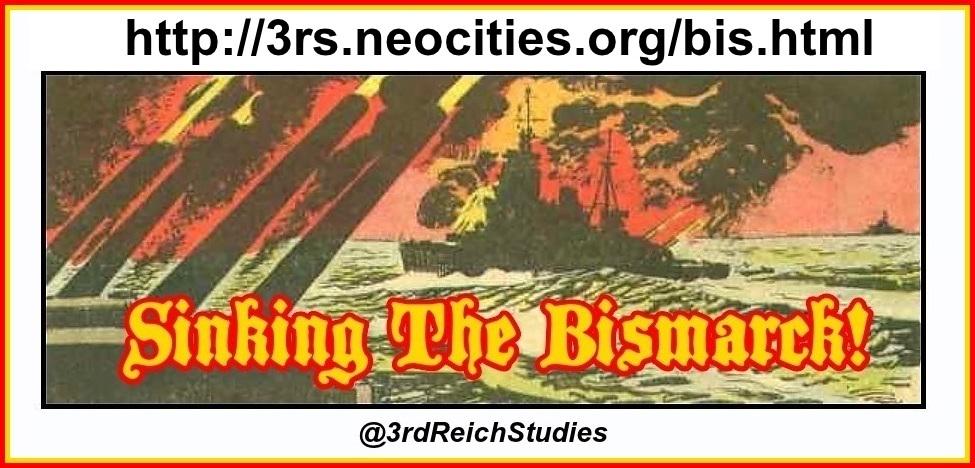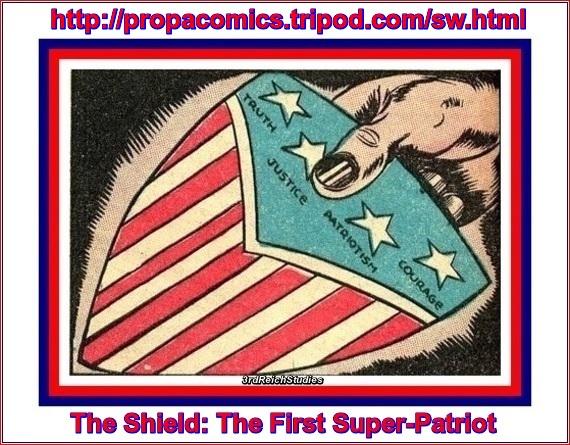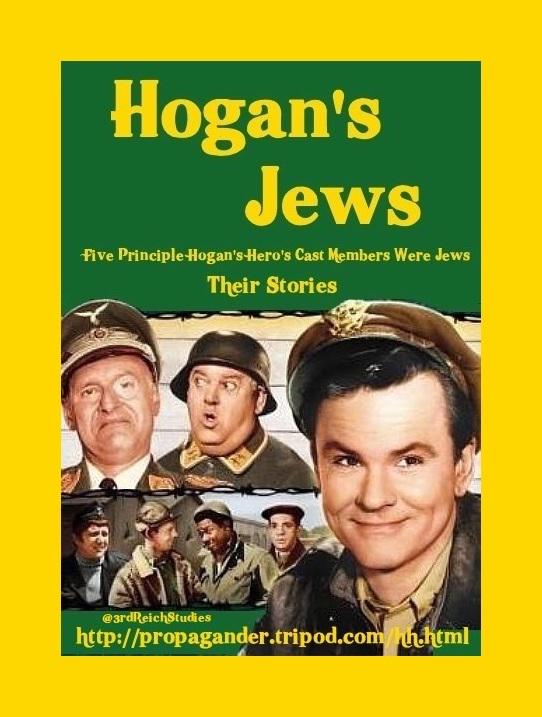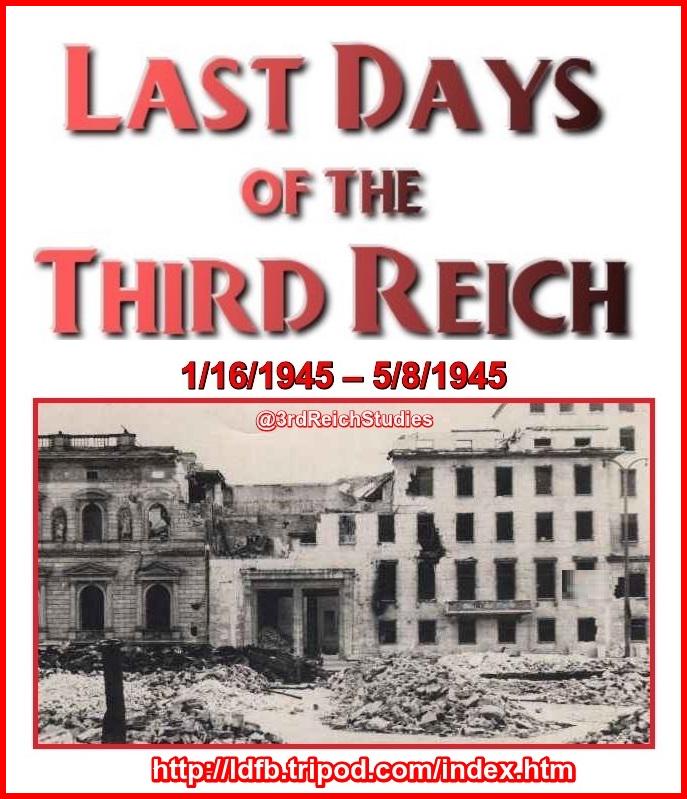 Copyright © 2011-2013
Walther Johann von Löpp
All Rights Reserved
Copyright © 2011-2013
Walther Johann von Löpp
All Rights Reserved
 Twitter: @3rdReichStudies
FB: Horrific 20th Century History
Twitter: @3rdReichStudies
FB: Horrific 20th Century History




The Propagander ™ FAQ
Why Was Churchill Against the D-Day Invasion?
In reading Sir Maurice Hankey's description of the work of the British War Cabinet I recalled the fact that Churchill was extremely skeptical of the success of the Overlord operation--the D-Day invasion of the Norman coast on June 6, 1944. It is doubtful whether ... this operation would have been undertaken when it was if not for American pressure . . . . One factor in Churchill's reluctance may have been his readiness to listen to Air Marshal Harris, who always believed that Germany could be brought to surrender by mass bombing. [Note: This speculation by Forrestal is not born out by the documentation, though Churchill did sometimes utilize this false premise in his arsenal of argument against a second front in France.]
Churchill's conservatism, which is the outgrowth of the very heavy British casualties in World War I, may have been a salutary brake on American initiative in 1942 . . . . Churchill's eyes were always on the Mediterranean [See: What Was The Mediterranean Strategy & Could It Have Won The War For Germany?], and he was always endeavoring to secure American support in his plans for the invasion of Europe either through the Balkins or by an expedition up the Adriatic and into the Balkins . . . .
It is clear now that it was not timidity or lack of boldness on Churchill's part that influenced him to bring this pressure, but rather his fear of the spreading influence of Russia throughout the entire Balkin peninsula and his desire to have American troops, jointly with the British, appear in those countries as the conquerors of the Germans.
Copyright © 2011-2013 Walther Johann von Löpp All Rights Reserved
Twitter: @3rdReichStudies FB: Horrific 20th Century History




Featured Sites:Austria: The Other GermanyThe Last Days of the Third ReichAdolf Hitler: The First Super-VillianThird Reich History: What Happened Today?Countdown to Infamy: Timeline to Pearl HarborBiographical Timeline: of the Infamous Adolf HitlerCountdown To WW2: August 22 - September 1, 1939The Nuremberg Nazis: Detailed, Documented BiographiesWunderwaffen: Hitler's Deception and the History of RocketryMain Sites:
Adolf Hitler: The VolkswagenAdolf Hitler: The Fuehrer's MercedesAdolf Hitler: Mein Kampf ExaminedIn the Shadow of Frederick the GreatHitler's Battleship: Sink The Bismarck!Non-Fiction Comics: Military PeriodicalsHistory of Olympic Boycotts: From Berlin to BeijingHogan's Jews: 5 Cast Members Were Jews; Their Stories



















Disclaimer: The Propagander!™ includes diverse and controversial materials--such as excerpts from the writings of racists and anti-Semites--so that its readers can learn the nature and extent of hate and anti-Semitic discourse. It is our sincere belief that only the informed citizen can prevail over the ignorance of Racialist "thought." Far from approving these writings, The Propagander!™ condemns racism in all of its forms and manifestations.
Fair Use Notice: The Propagander!™may contain copyrighted material the use of which has not always been specifically authorized by the copyright owner. We are making such material available in our efforts to advance understanding of historical, political, human rights, economic, democracy, scientific, environmental, and social justice issues, etc. We believe this constitutes a "fair use" of any such copyrighted material as provided for in section 107 of the US Copyright Law. In accordance with Title 17 U.S.C. Section 107, the material on this site is distributed without profit to those who have expressed a prior interest in receiving the included information for research and educational purposes. If you wish to use copyrighted material from this site for purposes of your own that go beyond 'fair use', you must obtain permission from the copyright owner.
